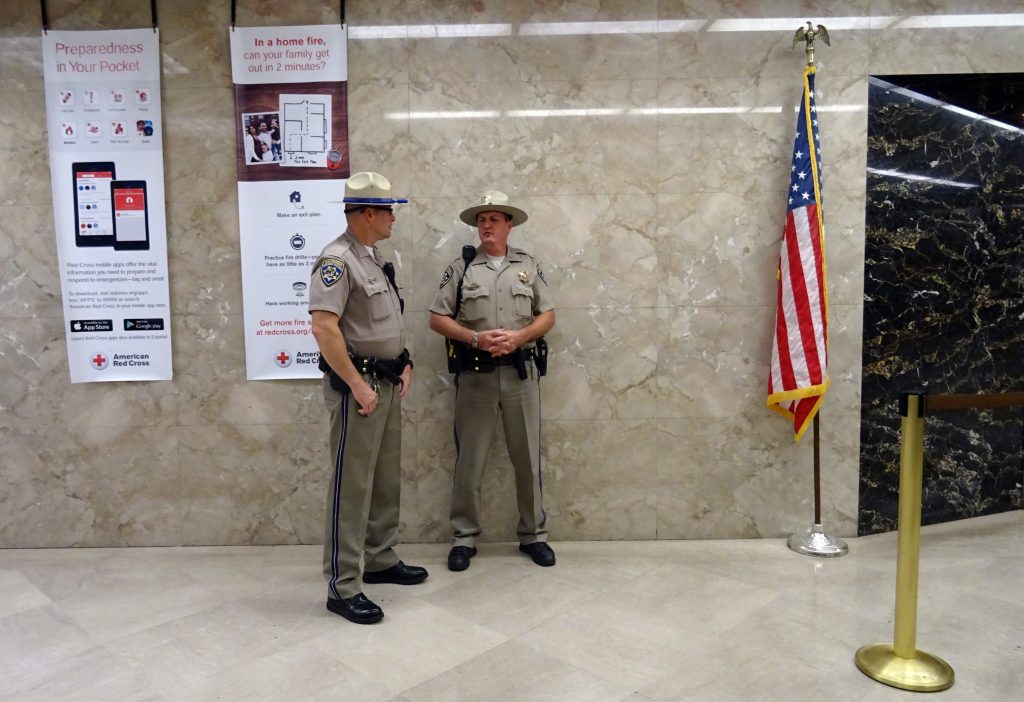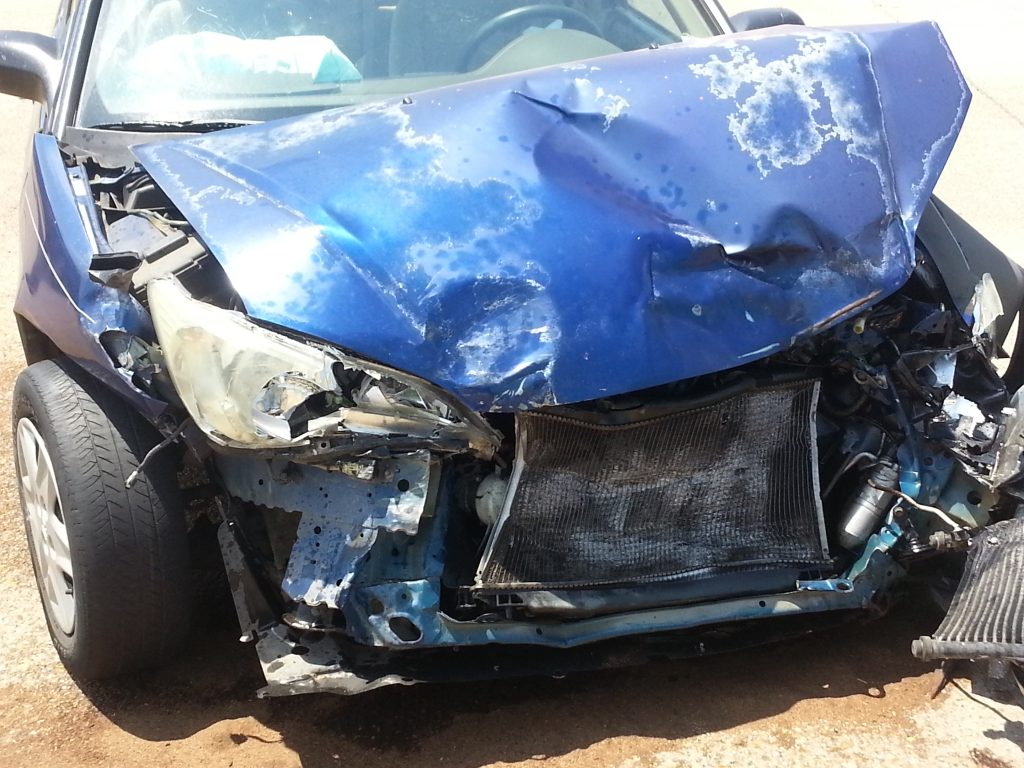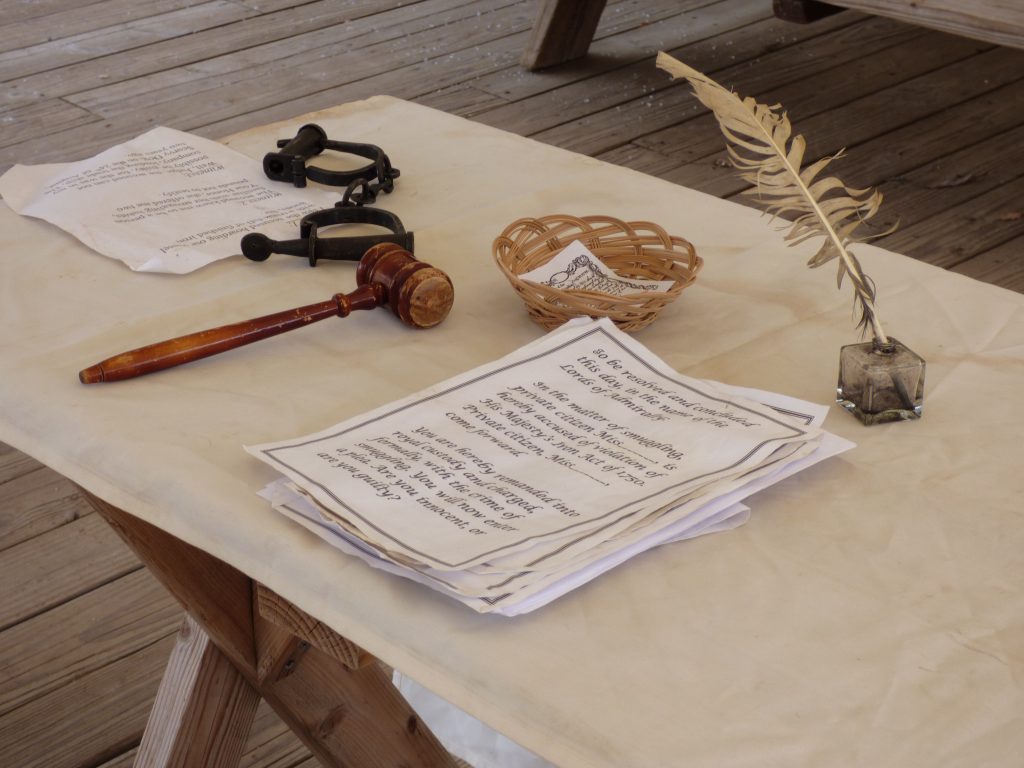 In an era where workplace equality and fairness have gained significant prominence, it is crucial to be aware of the robust safeguards provided by federal law. Title VII of the Civil Rights Act serves as a formidable shield, offering protection to employees who have experienced retaliation or discrimination based on factors such as race, gender, and more. While many individuals may be unaware of their rights, understanding the scope and power of Title VII is essential for fostering a work environment free from bias and ensuring that justice prevails
In an era where workplace equality and fairness have gained significant prominence, it is crucial to be aware of the robust safeguards provided by federal law. Title VII of the Civil Rights Act serves as a formidable shield, offering protection to employees who have experienced retaliation or discrimination based on factors such as race, gender, and more. While many individuals may be unaware of their rights, understanding the scope and power of Title VII is essential for fostering a work environment free from bias and ensuring that justice prevails
Many people are unaware that federal law protects them from retaliation that results from them filing a lawsuit against their employer under Title VII. See 42 U.S.C. § 2000–3(a). Even if you are not fired, you might still be able to bring a lawsuit against your employer if you suffer other adverse actions, such as being denied a promotion. However, there are strict requirements that must be met to succeed in such a claim.
Edward Smith was a security guard for G4S Secure Solutions (“G4S”) and worked at the Woman’s Hospital in Baton Rouge, Louisiana. Several years before the instant lawsuit, he filed an EEOC charge against G4S’s predecessor claiming discrimination in an unrelated event. Approximately six years later, Smith was denied a promotion to become a Custom Protection Officer.
 Louisiana Personal Injury Lawyer Blog
Louisiana Personal Injury Lawyer Blog


 Within the intricate realm of maritime law, determining liability can be challenging, especially when it comes to assessing the responsibility of ship owners for open and obvious risks. Such complexities become particularly evident when adverse weather conditions come into play. In this context, we delve into the case of Robert dePerrodil, an oil field consultant, and his encounter with the M/V Thunderstar.
Within the intricate realm of maritime law, determining liability can be challenging, especially when it comes to assessing the responsibility of ship owners for open and obvious risks. Such complexities become particularly evident when adverse weather conditions come into play. In this context, we delve into the case of Robert dePerrodil, an oil field consultant, and his encounter with the M/V Thunderstar.  An injury can happen in the most unlikely of situations, and although it may seem minor at the moment, it can create lifelong physical ailments. When this unfortunate situation occurs, you deserve to be properly compensated, regardless of any pre-existing conditions you may have. The following lawsuit shows how an excellent attorney can assist you in doing so.
An injury can happen in the most unlikely of situations, and although it may seem minor at the moment, it can create lifelong physical ailments. When this unfortunate situation occurs, you deserve to be properly compensated, regardless of any pre-existing conditions you may have. The following lawsuit shows how an excellent attorney can assist you in doing so.  Business trips can provide opportunities for networking and leisure, but unexpected injuries can turn the experience into a nightmare. One such example is the case of Jonathan Peters, who attended a business convention in New Orleans and stayed at Harrah’s Hotel.
Business trips can provide opportunities for networking and leisure, but unexpected injuries can turn the experience into a nightmare. One such example is the case of Jonathan Peters, who attended a business convention in New Orleans and stayed at Harrah’s Hotel.
 In the aftermath of a tragic situation, such as the death of a child, the last thing you might want to consider are insurance policies and legal requirements. However, it is essential to understand how courts determine whether an individual was covered by a specific insurance policy so that you know who might be liable for your losses. This is especially important when the accident involves a vehicle used both commercially and personally.
In the aftermath of a tragic situation, such as the death of a child, the last thing you might want to consider are insurance policies and legal requirements. However, it is essential to understand how courts determine whether an individual was covered by a specific insurance policy so that you know who might be liable for your losses. This is especially important when the accident involves a vehicle used both commercially and personally.  If an individual suffers from chronic pain or a preexisting injury, it may be challenging to prove additional injury due to a car accident. Proving these additional injuries, however, is crucial for collecting damages or compensation for medical bills following the accident. The following Lafayette Parish case shows how a plaintiff may prove a causal link between the car accident and their injuries.
If an individual suffers from chronic pain or a preexisting injury, it may be challenging to prove additional injury due to a car accident. Proving these additional injuries, however, is crucial for collecting damages or compensation for medical bills following the accident. The following Lafayette Parish case shows how a plaintiff may prove a causal link between the car accident and their injuries.  Exposure to naturally occurring radioactive materials generally increases due to human activity. Proving harm from these activities may be difficult, however. The following Jefferson Parish case demonstrates the need for substantiating your injury claim with evidence. It further shows the weight a court may place on expert witnesses.
Exposure to naturally occurring radioactive materials generally increases due to human activity. Proving harm from these activities may be difficult, however. The following Jefferson Parish case demonstrates the need for substantiating your injury claim with evidence. It further shows the weight a court may place on expert witnesses. 
 When you sign a settlement agreement and release, it is easy to assume you waived all rights to sue over the incident that led to the agreement. However, there are certain circumstances where you should have been provided with relevant information at the time of signing. Therefore, it is crucial to understand your rights and the terms of any agreement. Consulting with a qualified attorney can ensure you are fully informed before signing.
When you sign a settlement agreement and release, it is easy to assume you waived all rights to sue over the incident that led to the agreement. However, there are certain circumstances where you should have been provided with relevant information at the time of signing. Therefore, it is crucial to understand your rights and the terms of any agreement. Consulting with a qualified attorney can ensure you are fully informed before signing.